It was only last summer that Rishi Sunak declared China ‘the largest threat to Britain’, but in today’s refreshed Integrated Review, the ‘T’ word has been reserved only for Russia. Instead, China has been labelled ‘an epoch-defining and systemic challenge’ in a document setting out the UK’s approach to foreign policy. What happened to the bolshy Sunak of the Tory leadership race? The Prime Minister now says that ‘I don’t think it’s smart or sophisticated policy to reduce our relationship with China… to just two words.’
This will infuriate the most hardline of the Conservative party’s China critics, such as Sir Iain Duncan Smith, who has already called it ‘an extension of project kowtow’, and Sunak’s predecessor Liz Truss, who as prime minister had initially ordered this update of the Integrated Review in order to make it tougher on China.
And yet, as I’ve written, the terminology here has been designed with the US in mind. Washington is the undeniable leader of any western effort to counter China, and for its part the Biden administration has been careful to define China as only a challenge, and not a threat. There’s little to be gained from the UK stepping out further than even the US on China. While Rishi Sunak, as a leadership hopeful, found it helpful to sound harsh on Beijing, as Prime Minister he is clearly mindful of the need to synchronise the UK’s approach with the rest of the West.
Alignment with other like-minded countries is one of the three prongs that the Integrated Review outlines for dealing with China (the other two are protecting British interests and continuing to engage with Beijing). The IR establishes a National Protective Security Authority, which will sit in MI5 and advise businesses and universities on the risks of industrial espionage, something that Sunak had pledged to do in July last year. Finally, it also includes a doubling of funding for ‘China capability across government’ – in other words, training civil servants and other government actors to better understand China and improving linguistic skills to engage with the country.
It’s a strategy document that sets out a Goldilocks approach to China – one that aims to protect British, and western, interests from Chinese extortion while maintaining constructive relations with the world’s second largest economy.
Even so, Beijing is likely to react badly, at least in public. Unlike what his critics say, Sunak is seen as hawkish by Chinese pundits; some point to the blocking of a Chinese company from acquiring Newport Wafer Fab, a Welsh semiconductor plant, and the removal of China General Nuclear from Sizewell C. The Chinese government is yet to respond to today’s IR, but already the nationalistic Global Times has noted that the Integrated Review mentions, for the first time, the ‘Chinese mainland’s supposed threat to Taiwan’, putting it down to a British desire to get closer to the US. Chinese headlines today are also dominated by the extra £5 billion given to UK defence spending, announced by the Prime Minister today on his way to a trilateral meeting on AUKUS, the alliance which sees the UK and US supplying nuclear submarines to Australia. Despite the China disputes within the Conservative party, the view from Beijing is of the UK becoming increasingly assertive.
Got something to add? Join the discussion and comment below.
Get 10 issues for just $10
Subscribe to The Spectator Australia today for the next 10 magazine issues, plus full online access, for just $10.


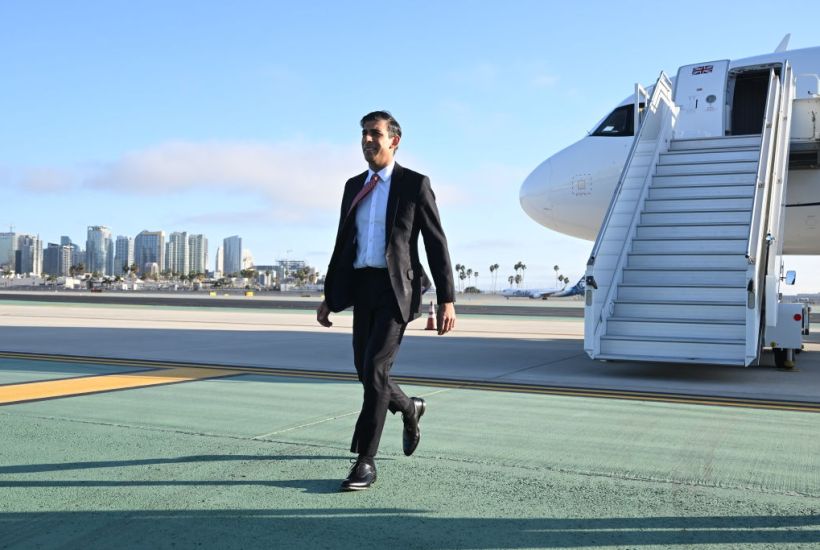
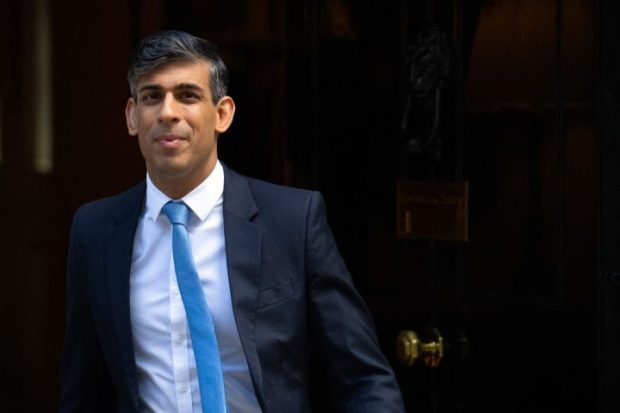
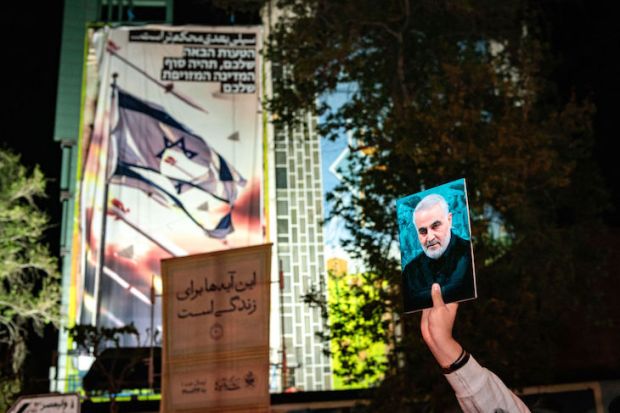
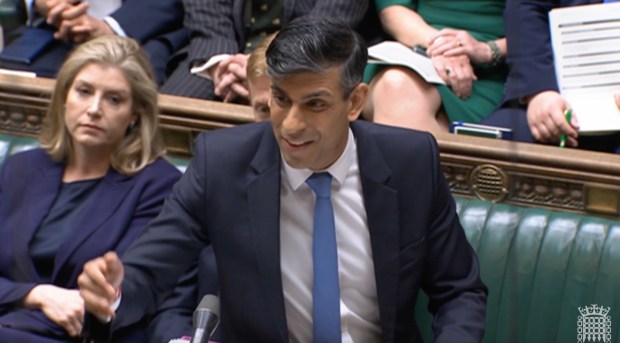
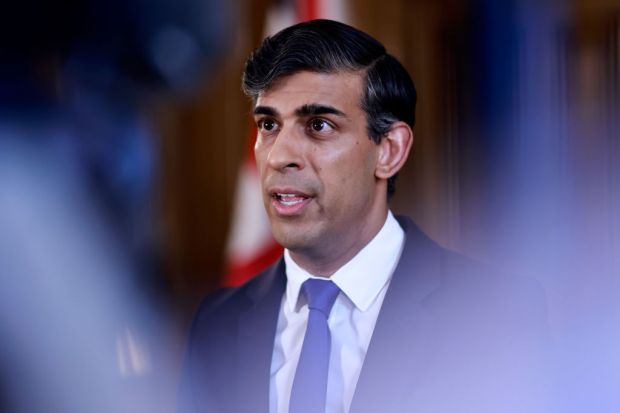
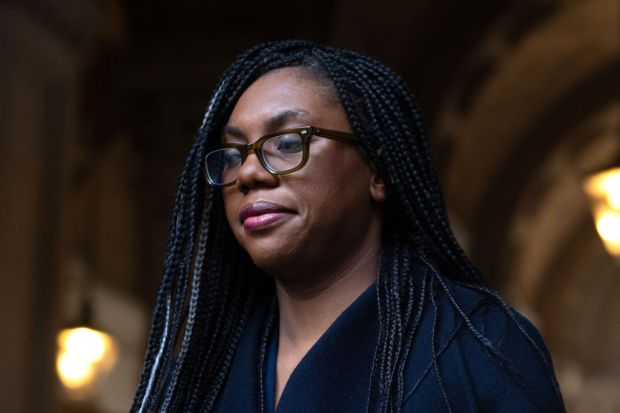
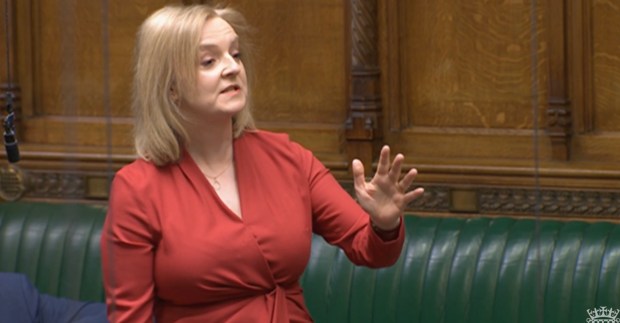












Comments
Don't miss out
Join the conversation with other Spectator Australia readers. Subscribe to leave a comment.
SUBSCRIBEAlready a subscriber? Log in